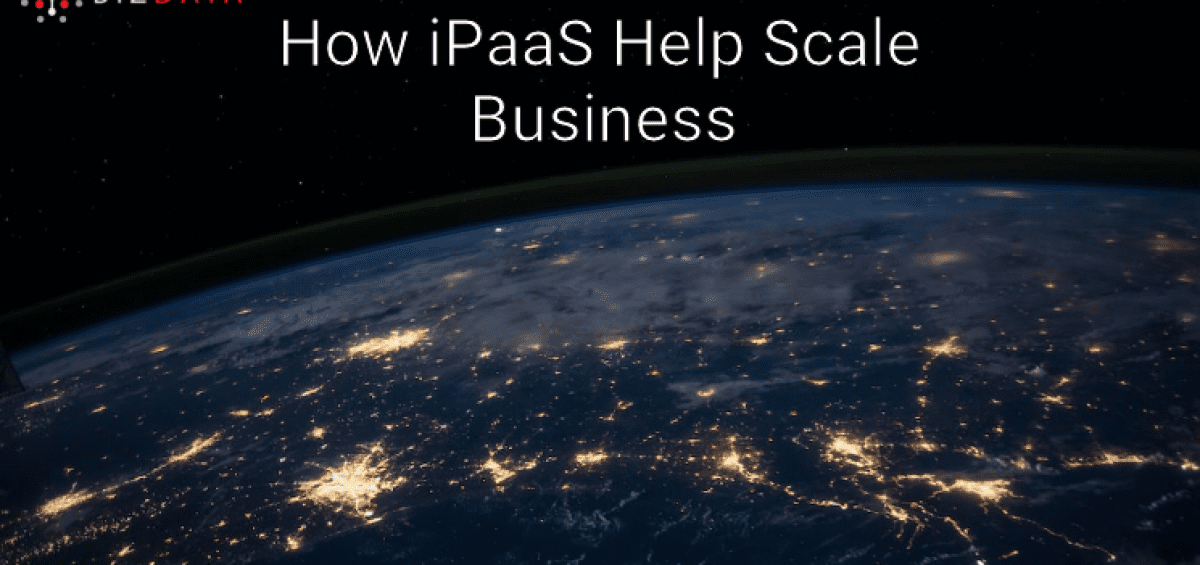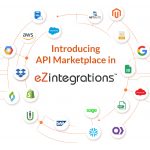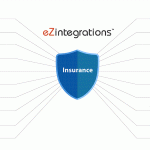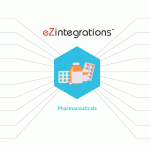When it comes to business, scalability is key. And that’s where iPaaS comes in: an Integration Platform as a Service that helps businesses scale quickly and easily. Embedded iPaaS lets you rapidly deploy applications on a single platform, making them more efficient and easier to use. As a business owner, this could mean big benefits for your bottom line. Not to mention, it can also help you reduce costs, as you can offload some of the workload to the cloud-based platform. So, if you’re looking to scale your business quickly and efficiently, make sure to check out embedded iPaaS!
Case studies on how iPaaS has helped businesses scale up
There are a number of benefits that can be enjoyed by businesses when it comes to using iPaaS technology
. One of the key benefits is that it offers advanced analytics and automation. This allows businesses to scale up by freeing up their own servers for more important tasks. Additionally, by using iPaaS, companies can focus on their core business without having to worry about the technicalities of IT. This is a great option for companies who want to delegate some of the technical work to a third-party. In addition to this, iPaaS also allows businesses to save money in the long run. By taking care of certain IT tasks, businesses can free up more resources to focus on their core business.
Below are three examples of how iPaaS has helped businesses scale up:
1) A food retailer wanted to create an online store from scratch using WordPress but didn’t have enough time or expertise to do it himself. By outsourcing the creation of their website to a provider who specialized in WordPress ecommerce platforms, they were able to launch their store quickly and without any delays or issues.
2) A small business was struggling with handling customer orders manually via phone or email. With iPaaS , they were able to outsource this task to an automated concierge service that would handle all customer interactions for them while freeing up staff members for other tasks related directly to running the business.
3) An insurance agency was experiencing high load times due not only be increasing traffic but also outdated IT systems. By switching over part of their platform functionality to an authorized cloud provider, they were able to drastically improve both performance and user experience on their site.
iPaaS Use Cases
iPaaS is a technology that lets businesses scale their infrastructure without having to worry about it themselves. Through the use of cloud-based services, businesses can access prebuilt platforms and tools that make it easy to manage and deploy their systems. This way, they can focus on running their business instead of managing all the details related to IT infrastructure.
Here are few examples of how iPaaS has helped businesses scale up:
1) Remote office logistics: Many companies outsource parts of their operations – such as customer service or shipping – overseas due to cost constraints or lack of space at home. With iPaaS, these companies can maintain a remote office without sacrificing quality or service!
2) Cloud hosting for eCommerce sites: A big part of online shopping is keeping shoppers happy while they’re browsing your site. By using cloud-based hosting services, retailers no longer need to worry about storage capacity or traffic congestion affecting their website performance. . They also benefit from improved security because data is stored in isolated environments rather than on company servers。
3) Automated deployment and management procedures for mobile apps: Developing and launching new mobile applications can be time consuming and expensive
How does iPaaS work?
iPaaS is a technology that helps businesses to swiftly and effectively deploy their digital resources as required. This can include anything from storage to computing power and networking capabilities, all of which can be managed through an easy-to-use platform. While it has been predominantly designed for larger enterprises, iPaaS is also suitable for small businesses who need the scalability and flexibility it offers. In fact, some experts even believe that it could soon overtake traditional on-premise applications in terms of popularity!
iPaaS capabilities and functionalities
There is no doubt that data management has become one of the key challenges facing businesses today. By using iPaaS, you can streamline various processes and reduce costs associated with data management while simultaneously improving system operability and security. As a result, your business can achieve its objectives much faster and more efficiently than ever before.
To compete in today’s digital business landscape, seamless IT integration is key.
In today’s business landscape, seamless IT integration is key. iPaaS can help your business achieve a number of important goals, including increased agility and speed. This allows your business to compete on a more even footing with digital-only competitors. iPaaS can also help reduce costs associated with traditional IT infrastructure, while increasing collaboration and communication between teams across the organization. Additionally, improved security and compliance are key benefits of using iPaaS.
Why choose iPaaS for your integration challenges?
Integration is one of the most challenging tasks for businesses, and it can be time-consuming and expensive to manage on your own. That’s where iPaaS comes in – it can help you quickly and easily integrate with various systems and applications. Not to mention, the customer experience is exemplary, so your customers will be happy too! iPaaS offers a variety of features that can help with integration challenges, including APIs and SDKs. So, whether you’re looking to connect to a legacy system or develop a new one, iPaaS is a great option to consider.
Frequently Asked Questions
What are some of the benefits of using iPaaS for your business?
There are a number of benefits to using iPaaS for your business. Firstly, by hosting your applications on a cloud platform, you’re taking all the strain and worry off your shoulders when it comes to security issues. With an iPaaS solution, you can rest assured that your applications are constantly secure and protected from any malicious actors. Moreover, having an iPaaS solution can also save you time and money by making it easier for you to manage multiple apps from one place. This way, you can centralize all of your business-related functions into a single platform and save yourself time and effort in managing different applications. iPaaS can also help you in a number of ways, the most important of which is security. By installing an iPaaS platform on your premises, you’re ensuring that your data is always safe and secure. Furthermore, cloud-based iPaaS platforms offer powerful features like scalability and elasticity that will help you scale up or down as needed.
Why should you use iPaaS to manage your cloud-based applications?
iPaaS can help to improve security and compliance across your cloud applications by consolidating multiple systems into a single platform. This means that you have one platform to manage all your applications, from development to deployment, which can result in a more secure and compliant platform. Additionally, automation and management of the entire lifecycle of applications can reduce expenses related to software licenses, maintenance contracts, and infrastructure costs.
Conclusion
Embedded iPaaS is a cloud-based platform that enables businesses to manage their data and applications in a more efficient way. By using iPaaS, businesses can eliminate data-heavy processes and focus on their core business activities. Additionally, iPaaS can help to scale your business by automating complex tasks and providing a single platform for your various applications. If you’re looking to improve the efficiency and scalability of your business, consider investing in embedded iPaaS. Stay tuned for more helpful tips on how this platform can benefit your business!






